PORTSMOUTH, United Kingdom & DURHAM, N.H.—Each year, the International Cable Protection Committee (ICPC) and the Rhodes Academy of Oceans Law and Policy (Rhodes Academy) sponsor the Rhodes Academy-ICPC Submarine Cables Writing Award for a deserving paper addressing submarine cables and their relationship with the law of the sea. Applicants to, and graduates of, the Rhodes Academy are eligible to compete for the award, in a competition administered by the Centre for International Law at the National University of Singapore. With the award, the ICPC and the Rhodes Academy seek to foster scholarship regarding submarine cables (the infrastructure of the Internet) and the law of the sea and promote the rule of law as applied to submarine cables. The referees of the 2024 competition chose Albert Vlodder of Canada as the winner for his paper, ‘The Consequences of Damaging Submarine Cables: An Examination of the Applicability of Effects Jurisdiction over the Unlawful Act of Damaging Submarine Cables on the High Seas.’ Vlodder is currently a Doctoral Researcher at Åbo Akademi University in Finland.
The Rhodes Academy. Each year, the Rhodes Academy brings together approximately 50 mid-career professionals from around the world to study and learn from leading ocean law and science scholars, judges, and practitioners about the law of the sea and its key legal instrument, the United Nations Convention on the Law of the Sea (UNCLOS). The Academy is organised by a consortium of research universities and institutes, led by the School of Marine Science and Ocean Engineering at the University of New Hampshire. For more information about the Rhodes Academy and the writing competition, see https://marine.unh.edu/academics/rhodes-academy and https://marine.unh.edu/international-cable-protection-committee-writing-award.
The Award. Each year, the winner will receive either guaranteed admission and a full scholarship (covering the attendance fee, travel expenses, and shared hotel room) to the Rhodes Academy, or for a Rhodes Academy graduate from a prior year, a cash award of £4,500. The winner will receive assistance from the Rhodes Academy in seeking publication of the winning paper and will also be invited to speak at the next ICPC Plenary meeting. The papers of all past winners have been published in peer-reviewed journals.
About the ICPC. ICPC is the world’s leading organisation promoting submarine cable protection and resilience. The ICPC works with its members, governments, international organisations, other marine industries, and the scientific community to: mitigate risks of natural and human damage to cables; develop recommendations and best practices for industry and governments throughout the cable project life cycle; promote scientific research addressing how cables exist in the marine environment; and promote the rule of law for the oceans. Founded in 1958 the ICPC has over 220 members from over 70 nations, including cable operators, owners, manufacturers, and industry service providers, as well as governments. For further information about the ICPC, visit www.iscpc.org and www.linkedin.com/company/icpc-ltd/.
ICPC Contact:
Kent Bressie, International Law Adviser, ICPC
+1 202 730 1337
kbressie@hwglaw.com
Rhodes Academy Contact:
Judy Ellis, Rhodes Academy Administrator
School of Marine Science and Ocean Engineering, University of New Hampshire
judy.ellis@unh.edu
The ICPC has more than 215 MEMBERS from over 70 COUNTRIES and its ACHIEVEMENTS and ACTIVITIES advance the organisation towards its VISION:
The ICPC envisions a global network of reliable and resilient submarine cables that coexist with the marine environment.

- International Cable Protection Committee represents 98% of the world's subsea telecom cables
- Leading HVDC Power Cable Owners, Offshore Renewables developers are members of the ICPC
- Cable ship owners, operators, cable manufacturers and others involved in the industry are members
- Government membership allows decision makers and regulators to engage with industry and share technical expertise
Latest News
Rhodes Academy-ICPC Submarine Cables Writing Award for 2024 Given to Albert Vlodder
The ICPC Holds Successful 2024 Plenary in Singapore
Thursday, 16 May 2024


The International Cable Protection Committee (ICPC), the world’s leading organisation promoting submarine cable protection and resilience, recently held its annual Plenary session in Singapore with over 200 delegates from around the world under the theme ‘ensuring a connected future.’ A cornerstone event for the organisation, the ICPC Plenary attracted global attendance and provided valuable opportunities to exchange ideas on the planning, installation, operation, protection, and maintenance of cables, as well as recovery and recycling of out of service cables. The well-attended event provided an opportunity to learn from colleagues facing similar challenges, and to get up to date with environmental and legal aspects of submarine cables via presentations, round tables, keynote interviews, exhibits and networking opportunities.
Keynote speaker Ambassador Rena Lee, President of the United Nations Intergovernmental Conference for the BBNJ negotiations, CEO of the Intellectual Property Office of Singapore and one of Time Magazine’s 100 Most Influential People of 2024, discussed the Biodiversity Beyond National Jurisdiction (BBNJ) treaty and its progress.
Guest speaker Ms Aileen Chia, Director-General, Telecoms and Post, at IMDA Singapore, provided insights into how Singapore is actively advancing their digital connectivity blueprint, which includes data centers and the networks that interconnect them, overland and undersea.
This year’s Plenary included a one-day law of the sea workshop jointly organised by the ICPC and the Centre for International Law of the National University of Singapore with support from Infocomm Media Development Authority (IMDA) Singapore and the Australian Department of Foreign Affairs and Trade (DFAT). The goal of the workshop was to discuss prospects for collaboration between governments and industry on the laying, repair, protection, and security of submarine cables. The workshop brought together representatives from the submarine cable industry, academia, and more than 50 government delegates from ASEAN countries, to consider how these challenges can be addressed under existing international law (or its absence) through increased collaboration between the cable industry and governments.
At the conclusion of the Plenary, it was also announced the 2025 annual event will be held in Montréal, Québec, Canada. For further details about the 2024 ICPC Plenary, read all the highlights here.
About the ICPC: To promote submarine cable protection and resilience, the ICPC works with its members, governments, international organisations, other marine industries, and the scientific community to: mitigate risks of natural and human damage to cables; develop recommendations and best practices for industry and governments throughout the cable project life cycle; promote scientific research addressing how cables exist in the marine environment; and promote the rule of law for the oceans. The ICPC has more than 215 member organisations from 70 countries who build, operate, and maintain submarine telecommunications and power cable infrastructure. To learn more about the ICPC, visit: www.iscpc.org or send an e-mail to secretariat@iscpc.org.
Keynote speaker Ambassador Rena Lee, President of the United Nations Intergovernmental Conference for the BBNJ negotiations, CEO of the Intellectual Property Office of Singapore and one of Time Magazine’s 100 Most Influential People of 2024, discussed the Biodiversity Beyond National Jurisdiction (BBNJ) treaty and its progress.
Guest speaker Ms Aileen Chia, Director-General, Telecoms and Post, at IMDA Singapore, provided insights into how Singapore is actively advancing their digital connectivity blueprint, which includes data centers and the networks that interconnect them, overland and undersea.
This year’s Plenary included a one-day law of the sea workshop jointly organised by the ICPC and the Centre for International Law of the National University of Singapore with support from Infocomm Media Development Authority (IMDA) Singapore and the Australian Department of Foreign Affairs and Trade (DFAT). The goal of the workshop was to discuss prospects for collaboration between governments and industry on the laying, repair, protection, and security of submarine cables. The workshop brought together representatives from the submarine cable industry, academia, and more than 50 government delegates from ASEAN countries, to consider how these challenges can be addressed under existing international law (or its absence) through increased collaboration between the cable industry and governments.
At the conclusion of the Plenary, it was also announced the 2025 annual event will be held in Montréal, Québec, Canada. For further details about the 2024 ICPC Plenary, read all the highlights here.
About the ICPC: To promote submarine cable protection and resilience, the ICPC works with its members, governments, international organisations, other marine industries, and the scientific community to: mitigate risks of natural and human damage to cables; develop recommendations and best practices for industry and governments throughout the cable project life cycle; promote scientific research addressing how cables exist in the marine environment; and promote the rule of law for the oceans. The ICPC has more than 215 member organisations from 70 countries who build, operate, and maintain submarine telecommunications and power cable infrastructure. To learn more about the ICPC, visit: www.iscpc.org or send an e-mail to secretariat@iscpc.org.
Message from the International Cable Protection Committee: Recent Events Involving Submarine Cables in the Red Sea
Wednesday, 28 February 2024
PORTSMOUTH, United Kingdom—The International Cable Protection Committee (ICPC), the world’s leading organisation promoting submarine cable protection and resilience, notes with concern reports of submarine cable damage in the Red Sea. Consistent with ICPC’s Government Best Practices for Protecting and Promoting Resilience of Submarine Telecommunications Cables, the ICPC urges operators to investigate the causes of damage to Red Sea cables and engage with governments about the implications of such damage. The global submarine cable network of more than 400 cable systems and 1.5 million kilometres of submarine cables cross the oceans worldwide. This network underpins our daily lives, carrying more than 99% of all digital data traffic worldwide, including the Internet. On average around 150 faults occur each year, which are mostly due to accidental human activities such as fishing and anchoring.
The ICPC also urges governments to coordinate with operators to identify and mitigate causes of damage, expedite permits for repairs, and provide security for vessels engaged in such repairs.
About the ICPC: To promote submarine cable protection and resilience, the ICPC works with its members, governments, international organisations, other marine industries, and the scientific community to: mitigate risks of natural and human damage to cables; develop recommendations and best practices for industry and governments throughout the cable project life cycle; promote scientific research addressing how cables exist in the marine environment; and promote the rule of law for the oceans. The ICPC has more than 215 member organisations from 70 countries who build, operate, and maintain submarine telecommunications and power cable infrastructure. To learn more, send an e-mail to secretariat@iscpc.org.
The ICPC also urges governments to coordinate with operators to identify and mitigate causes of damage, expedite permits for repairs, and provide security for vessels engaged in such repairs.
About the ICPC: To promote submarine cable protection and resilience, the ICPC works with its members, governments, international organisations, other marine industries, and the scientific community to: mitigate risks of natural and human damage to cables; develop recommendations and best practices for industry and governments throughout the cable project life cycle; promote scientific research addressing how cables exist in the marine environment; and promote the rule of law for the oceans. The ICPC has more than 215 member organisations from 70 countries who build, operate, and maintain submarine telecommunications and power cable infrastructure. To learn more, send an e-mail to secretariat@iscpc.org.
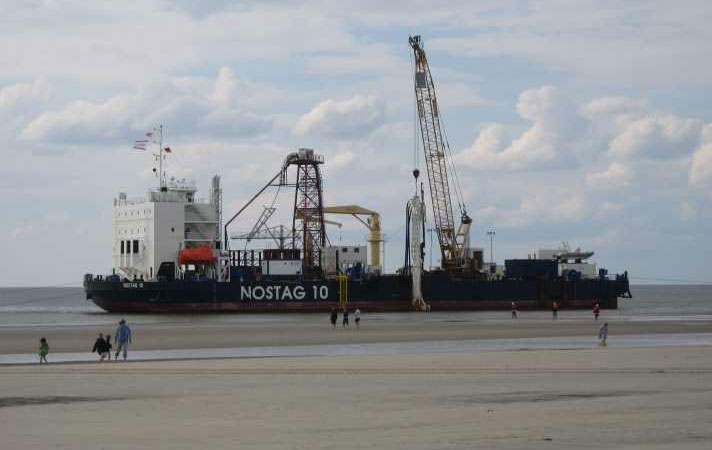 Power Cable Installation Barge at Beach Power Cable Installation Barge at Beach |
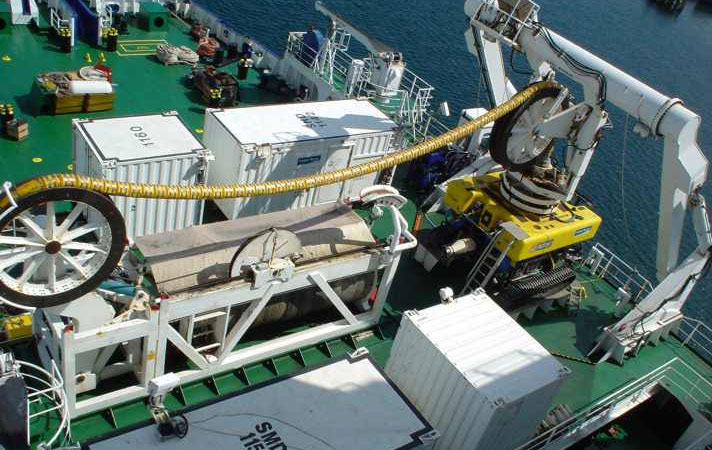 ROV Spread from Above ROV Spread from Above |
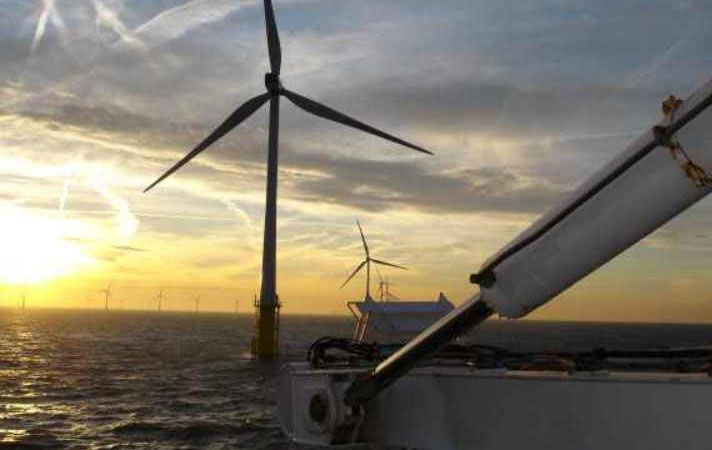 Wind Turbine Erection Wind Turbine Erection |
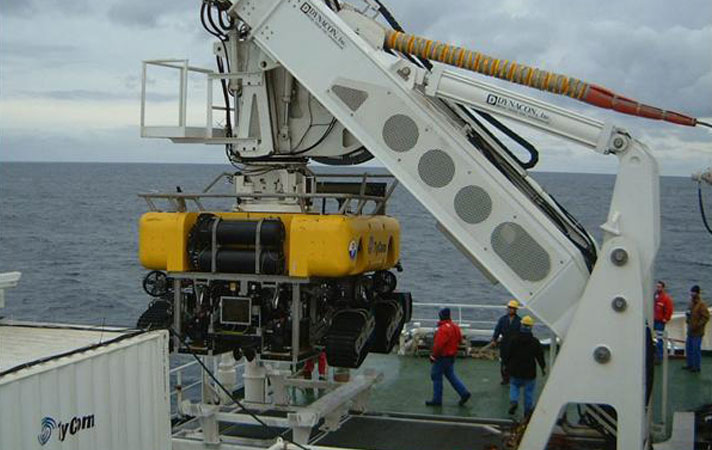 Launching an ROV Launching an ROV |
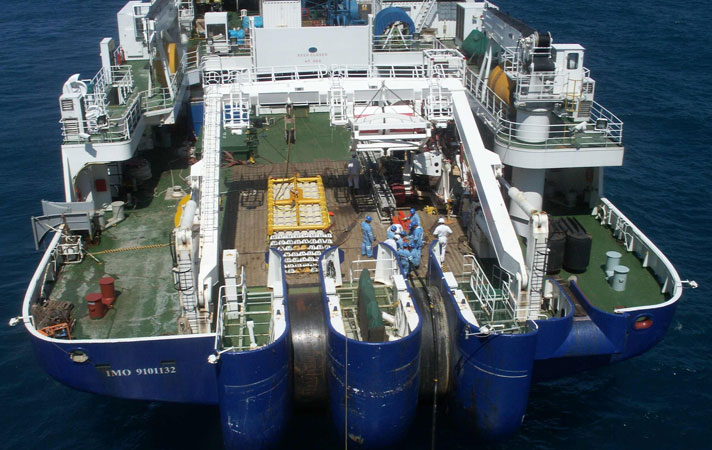 Stern Sheaves Stern Sheaves |
View Image Gallery
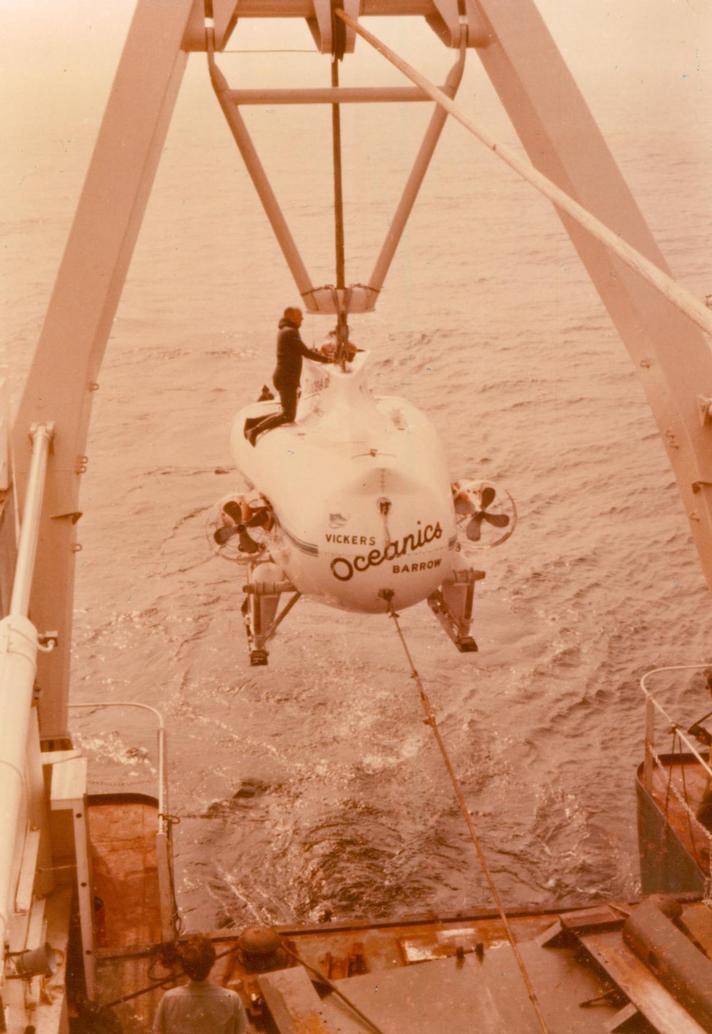 1972 - Pisces III Submarine 1972 - Pisces III Submarine |
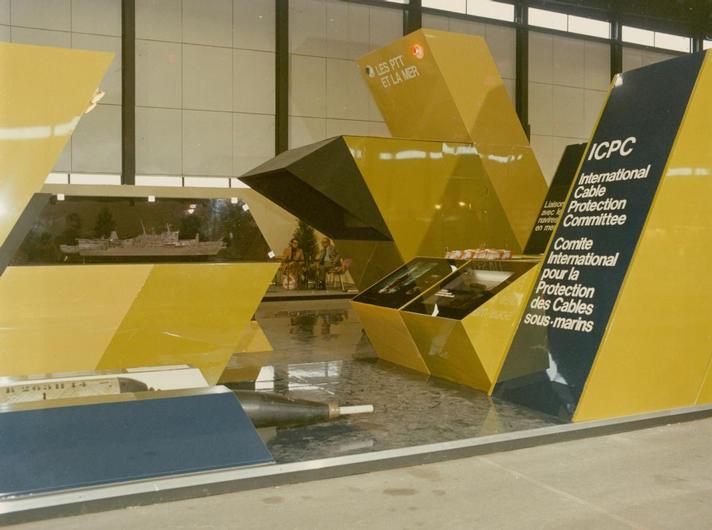 1974 - ICPC Exhibition Stand at Bordeaux Fishing Exhibition 1974 - ICPC Exhibition Stand at Bordeaux Fishing Exhibition |
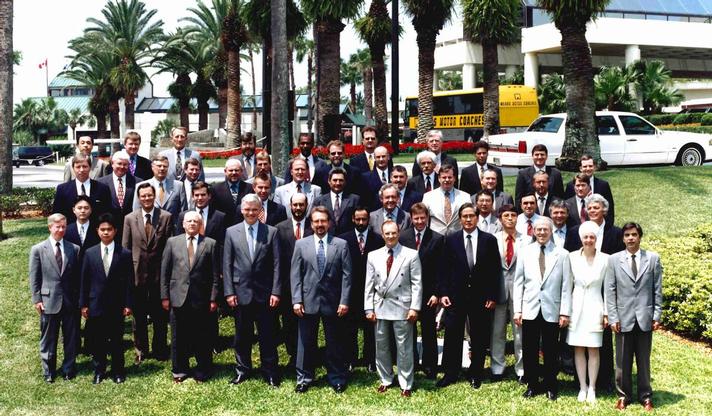 1998 - Plenary Meeting - Orlando 1998 - Plenary Meeting - Orlando |
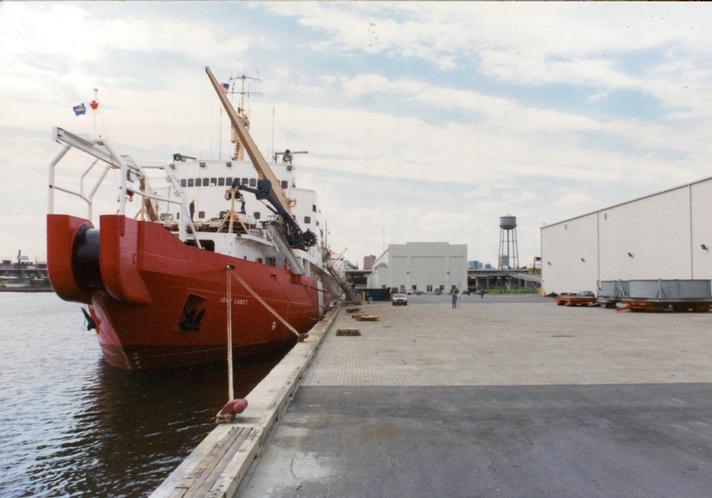 1988 - Teleglobe Canada Cable Ship - CS John Cabot 1988 - Teleglobe Canada Cable Ship - CS John Cabot |
View History Gallery
Information
Videos
Learn about Submarine Cables
Narrative History
Timeline History
Articles of Interest
Glossary
Abbreviations
Image Gallery
History Gallery






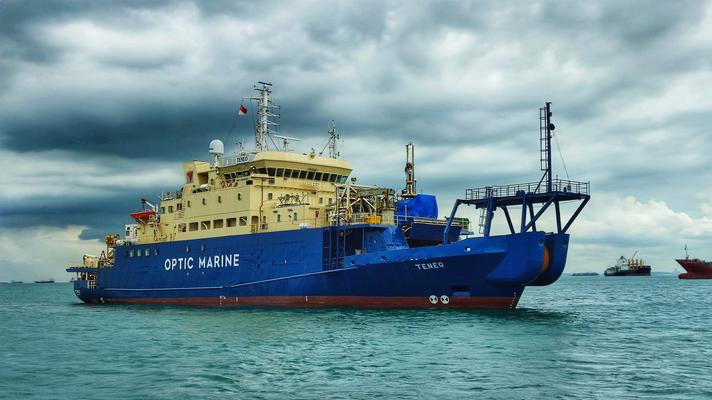 Teneo
Teneo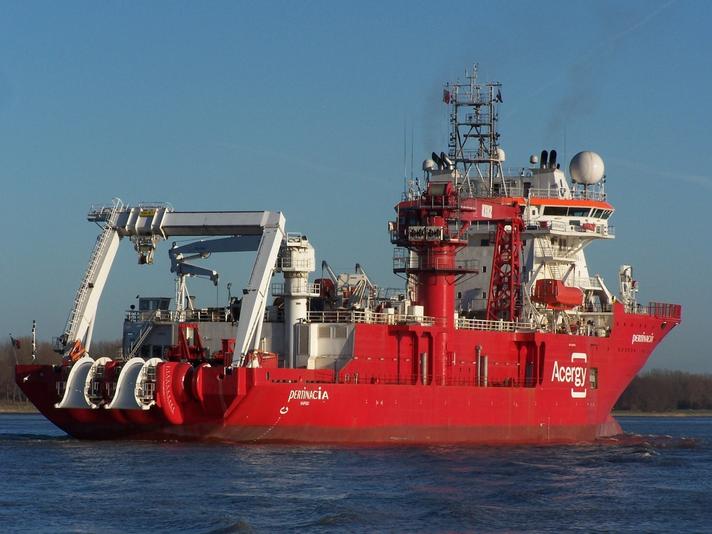 Seaway Phoenix
Seaway Phoenix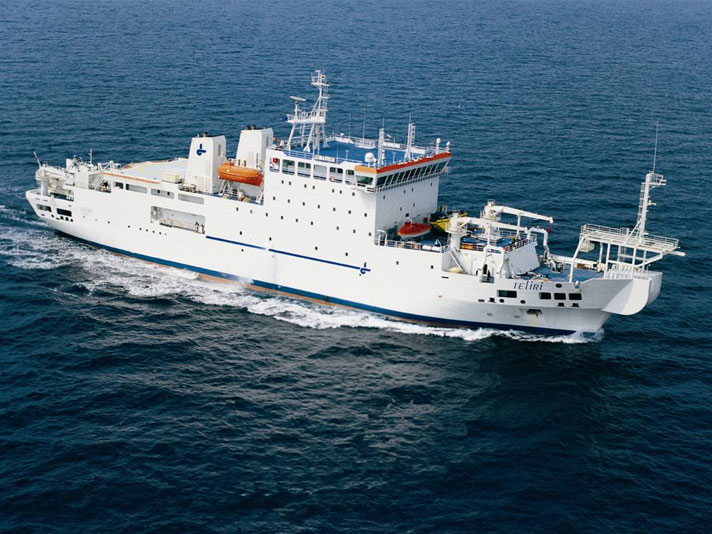 Teliri
Teliri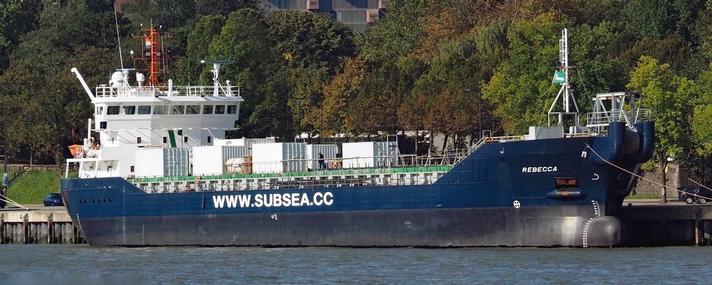 MV Rebecca
MV Rebecca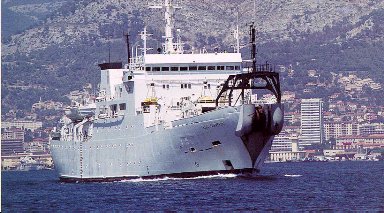 Léon Thévenin
Léon Thévenin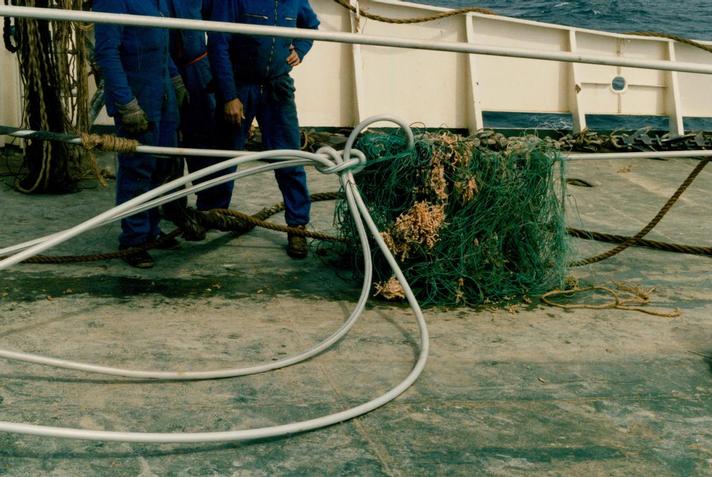 1975 - Cable Damage caused by Fishing Net - Recovered to Cable Ship
1975 - Cable Damage caused by Fishing Net - Recovered to Cable Ship